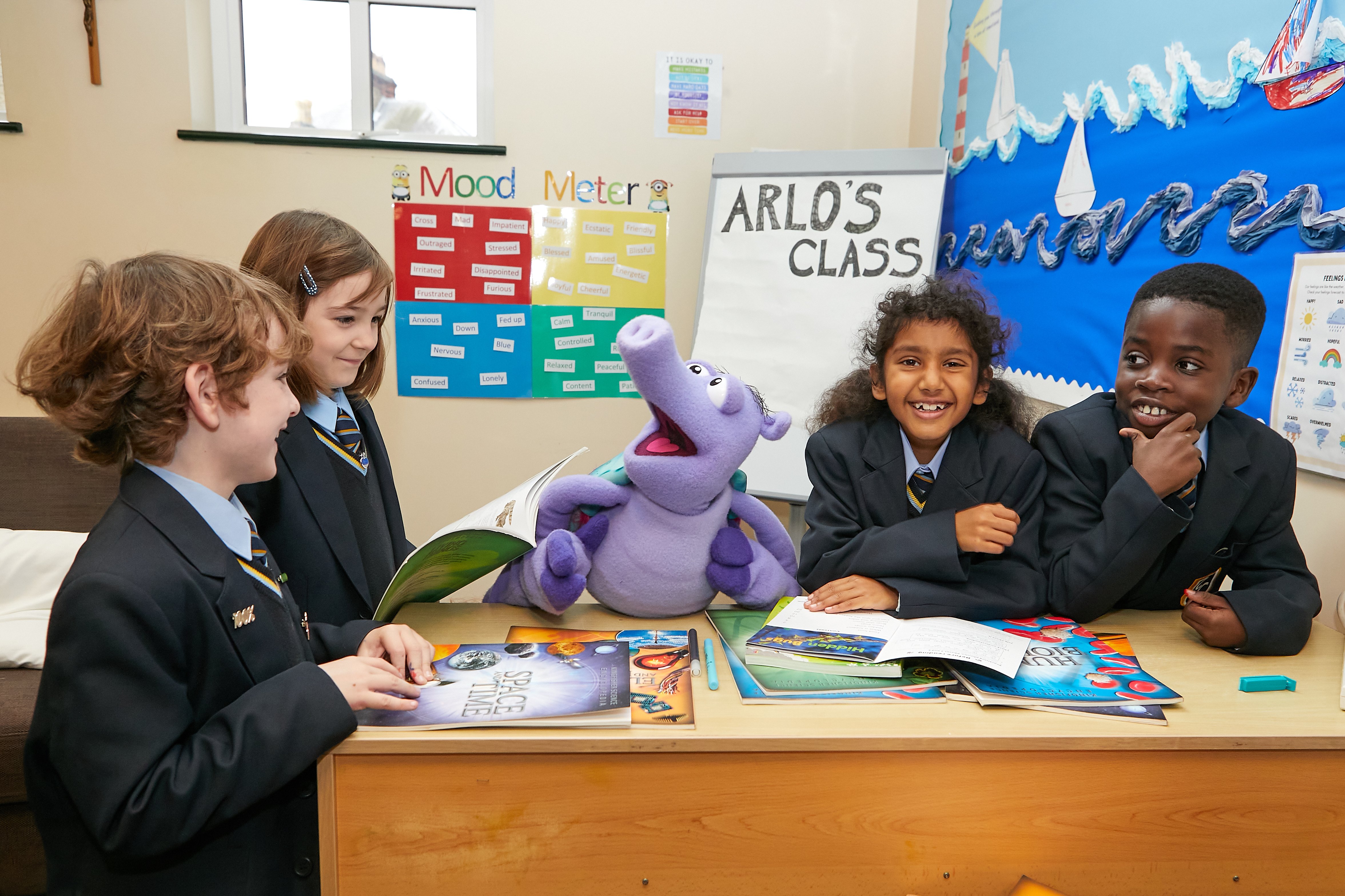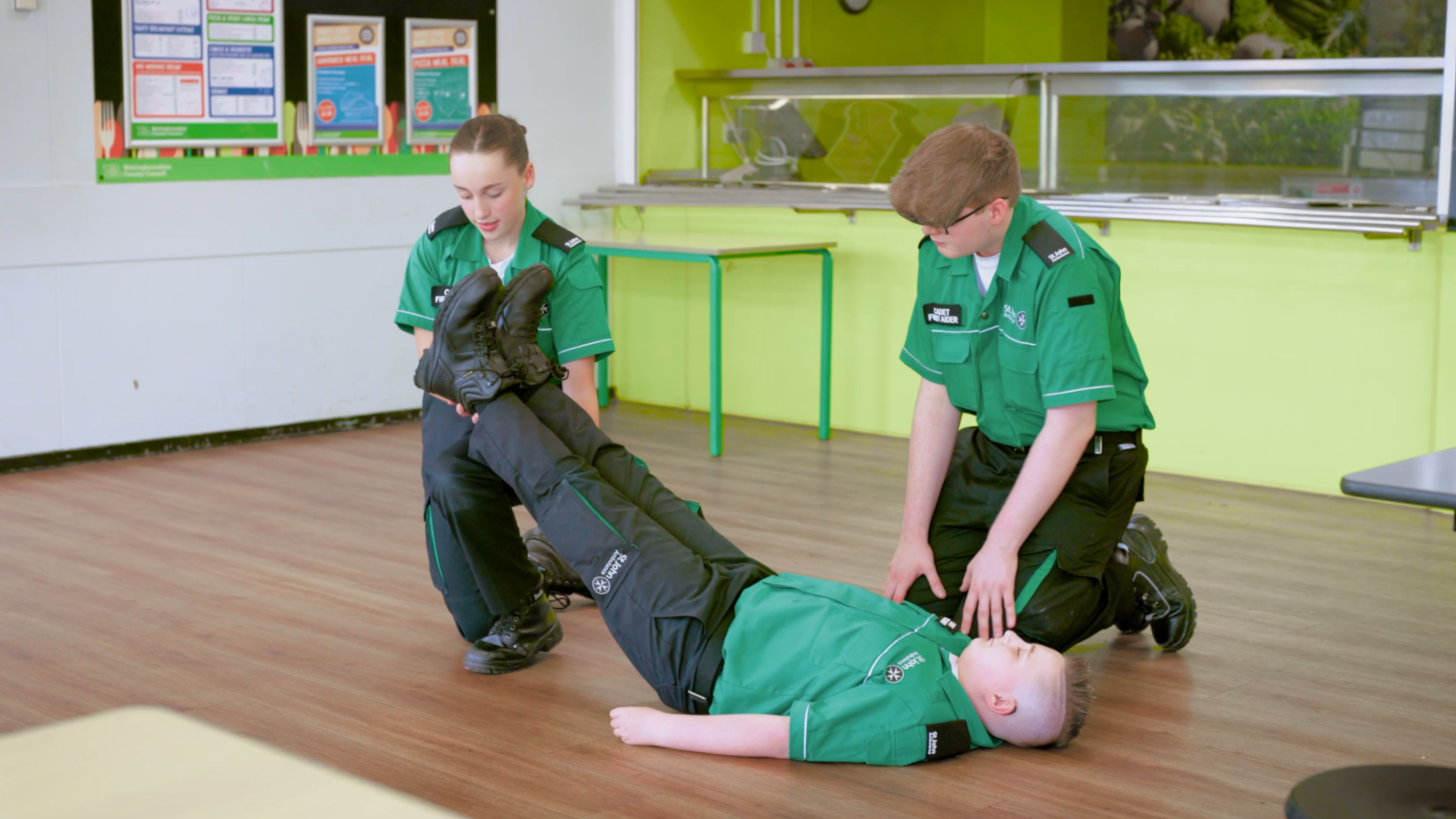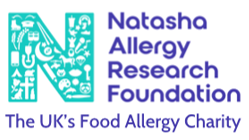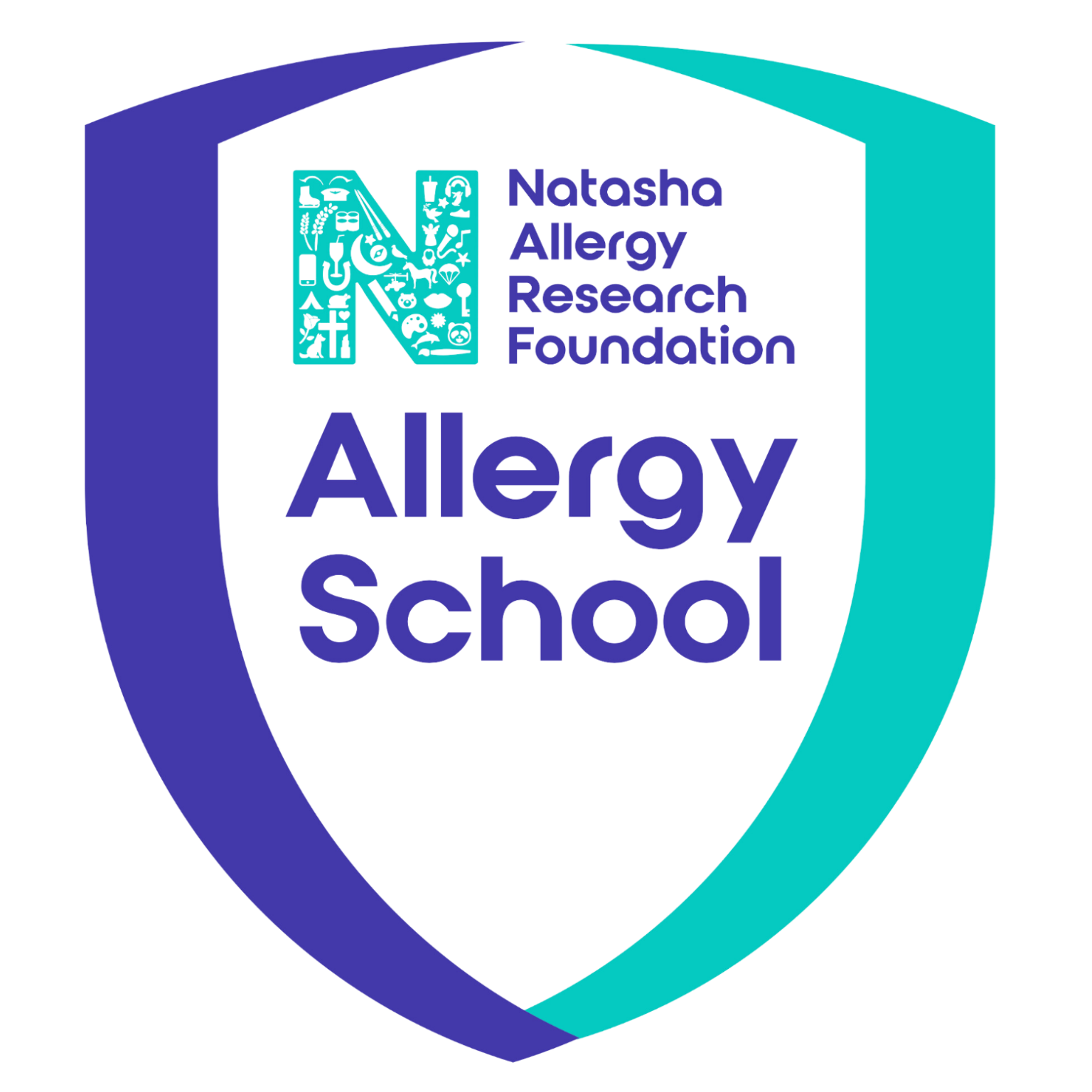Tuesday 11 February 2025: HUNDREDS of thousands of teachers have had no allergy awareness training despite around two children in every classroom in the UK now having a food allergy new figures suggest.
New research by the NASUWT, the teachers’ union, in collaboration with The Natasha Allergy Research Foundation charity reveals that 95% of teachers now have children with food allergies in their school, yet 67% have had no allergy awareness training.
One in five teachers has never been taught how to administer an adrenaline auto-injector which could save a life in a food allergy emergency, and almost two thirds (60%) don’t know or are unsure if their school even has an allergy policy.

The findings of the recent survey of almost 1,900 union members are published today to coincide with the launch of the charity’s new £1 million Allergy School programme.
This aims to transform understanding of food allergies in schools so that children with food allergies feel empowered, included and protected.
The free, national programme has been developed in partnership with The King’s Foundation, St John Ambulance, the children’s charity Coram Life Education and Tesco Stronger Starts.
As Royal Founding President of The King’s Foundation and Royal Patron of St John Ambulance, His Majesty King Charles has sent a message of support saying: “I am delighted to hear of the launch of ‘Allergy School’, the new educational programme by The Natasha Allergy Research Foundation. Improving understanding of this issue is so important for keeping children with food allergies safe and ensuring they are able to participate fully in activities at school or in our wider communities.
“I am particularly heartened that my King’s Foundation has been closely involved with the project, helping all of us to become more aware of the many ways we can support one another, especially the more vulnerable in our society.”

Allergy School launches with practical resources for nurseries, primary schools and out-of-school clubs and groups looking after children aged three to 11 in the UK, to encourage greater awareness and understanding of food allergies.
They include five films for pupils and teachers including a quiz and first aid advice, engaging lesson plans and assembly packs for Key Stages One and Two, a self-assessment tool to allow schools to determine how allergy-inclusive they are and how they can improve the safety and well-being of their allergic pupils, and allergy training for teachers.
The Allergy School resources feature schools, teaching staff and children including St John Ambulance’s Badgers and Cadets,sharing their own stories and food allergy best practices.

Tanya Ednan-Laperouse OBE, founder of the charity, whose daughter Natasha died aged 15 from a food allergic reaction, said the survey findings were ‘shocking’ and exposed the barriers faced by too many children with food allergies in Britain’s schools, which can leave them feeling excluded and isolated.
“It can be really hard to keep a child with food allergies safe in school. Finding a nursery where Natasha would be safe was extremely difficult. Natasha at times was bullied at school because of her food allergies and this was incredibly stressful and isolating for both her and our family,” she said.
“Government, schools, teachers, parents and pupils need to come together to support children with food allergies in this country.
“Today we are kickstarting that process. Our new Allergy School will transform levels of awareness and understanding of food allergies to ensure all children are safe and able to participate fully at school.”
“I encourage all settings to make use of engaging programmes such as these, alongside taking the necessary steps to manage allergy risks as clearly set out in the government’s allergy guidance.”
The findings of the NASUWT survey shine a light on why more support and resources are needed for schools and teachers around food allergies.

Two thirds of teachers surveyed - 67% - had not received any allergy awareness training; how to adapt their classroom to reduce the risk of allergic reactions, ensure school activities are safe yet inclusive, and understand the impact of food allergies on mental health and well-being. Almost two thirds (62%) said they would find it useful to have more training and resources for supporting children with food allergies in nursery and at school.
Studies show around two children in every classroom has a food allergy, and 20% of food allergic reactions occur in schools.
Hospital admissions for severe allergic reactions (anaphylaxis) to food have more than tripled in the last 20 years in the UK, with young people most likely to be affected.
Jan Parnell, Director of Education at Natasha’s Foundation, said: “We recognise that nurseries, schools and out-of-school settings are seeing more children with food allergies come through their doors than ever before. Unfortunately, there is a lack of understanding about the seriousness of food allergies and how to manage them.
‘We want to end the challenges that children with food allergies face so that they can be fully involved in all activities in and out of school. We would urge all schools to use our free resources.”
Allergy School will be extended to secondary, further and higher education in the future.
Dr Lynn Thomas, medical director of St John Ambulance, said: “We are proud to work with Natasha’s Foundation on such an important project by providing clinical guidance and using our cadets’ expertise to create peer-led first aid films. It's encouraging to see a shared commitment to increase awareness of food allergies, and these resources will allow children and staff to confidently engage with all activities around food.
“However, as we know and have seen many times, sadly for some people, certain ingredients can lead to hospitalisations and can be fatal, so we need to do more. The first time a child has an extreme reaction to a new food, could be in your presence, so being prepared is vital."
Allergy School is also working with training providers High Speed Training and The Allergy Badge, LMP Action, a national organisation that develops education programmes and activities, and Chelsea Football Foundation.




